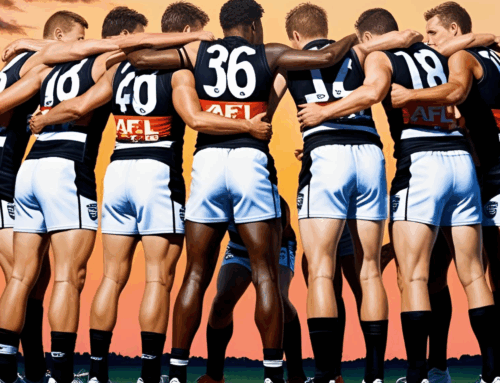As we all know an organisation’s success depends on the performance of its people, people are not just your biggest asset they are your competitive advantage and there is no substitute for human performance.
And how well you can engage and motivate your employees will directly determine whether your business makes a profit or a loss.
Many business leaders want to know how you do this and the answer is to promote people in your organisation who can coach and lead your employees, not functional or technical managers who are highly competent operators but certainly not winning the hearts and minds of your people.
So what are the main differences between a Coach, Manager and Mentor exactly?
A Coach will illicit an ongoing developmental interaction with their employees with the aim of helping their team members develop their capability, focus on what they are best at, achieve their goals and objectives and produce successful results.
A Manager will have one-way communication with their teams, where there is a lot of directive management, micro managing and telling people what they want them to do as opposed to asking.
A mentor uses the approach of “I’ve walked this path” and I’ll give you some examples so you can learn from my experiences. They are usually more experienced than the ‘mentee’ but does not need to know the details of their role. Tends to have organisational knowledge and can pass on experience and open doors to otherwise out-of-reach opportunities.
A Coach facilitates change through verbal and non verbal communication (questions, reflections, explanations, metaphors, tasks, guiding focus, exercises and patience). A coach promotes their employees, learning and professional development, and personal bench marks.
A Managers interaction with their employees would generally be around, telling them the answers to their problems and telling employees how they think they should handle issues, rather than coaching them to get them to come up with the answers themselves.
Mentoring is very much about provides support with personal and career development. There is no requirement to assess performance and the agenda is led by the individual. It can be an ongoing relationship that lasts a long time. Some relationships may have a set duration.
A Coach creates and facilitates change, elicits, trains, asks meaningful questions, motivates, creates insights, explains, tasks, evokes, challenges, stimulates, supports and encourages employee’s self-expression.
Managers typically focus on numbers, KPI’s, results and hone in on mistakes, issues and times when employees struggle, they often focus more on development areas (weaknesses) rather than strengths. Managers, tell, yell, take over, don’t listen and blame. They are great technicians but often fail to get the best out of their teams. They are often self-serving and happy to throw their team under the bus if necessary. They want the glory of being a Manager but don’t want to take the time to actually coach their teams.
Mentoring can be more informal meetings that take place at a mutually agreed venue and can happen when the mentees needs guidance on a particular work issue, participation is normally voluntary and can end at any time.
The ability of your leaders to bring the best out in people will ultimately drive your business trajectory and your ability to achieve long term growth.
I would ask you how many Coaches do you have in your business leading your teams right now? Most coaches are the quiet achievers, the humble servant not the dominant power hungry Managers of yesteryear.
If you want to attract and retain the best people you need to focus on promoting more Coaches in your business, or developing your current Managers to become better coaches.
HR Gurus offers a wide range of training courses to assist Managers becoming better Coaches.
Continue Reading
Get a personal consultation.
Call us today at 1300 959 560.
Here in HR Gurus. We make HR simple because it should be.





